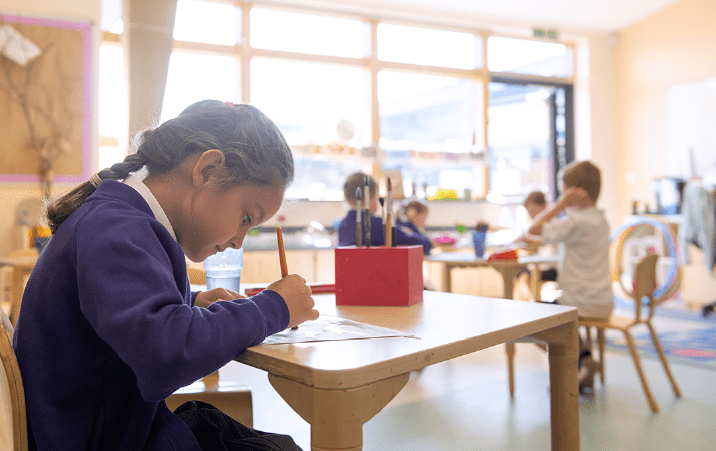The COVID-19 pandemic brought the loss of many lives and placed severe pressures on health systems. Since March 2020, most governments worldwide have implemented policies to contain the disease’s spread. At the peak of national school closures in early April, over 1.6 billion learners and 100 million teachers and school personnel in more than 190 countries were affected. School closures and subsequent transition to other learning methods risk hindering effective learning during the pandemic and endangering the progress towards achievement of Sustainable Development Goal 4 (SDG 4), which was already lagging before COVID-19.
While the COVID-19 pandemic caused a global learning disruption of unprecedented scale and severity, it also revealed the enormous potential for innovation in education and reform of education systems. After more than a year of being affected by COVID-19 education disruption, countries need data more urgently than ever to plan and monitor emergency response efforts and prepare for medium- and long-term mitigation and recovery strategies.
THE SURVEY
As part of the coordinated global education response to the COVID-19 pandemic, the UNESCO Institute for Statistics (UIS), the United Nations Children’s Fund (UNICEF) and the World Bank have conducted a Survey on National Education Responses to COVID-19 School Closures. The survey instrument is designed for government officials responsible for education to capture de jure policy responses and perceptions from government officials on their effectiveness, providing a systematic understanding of deployed policies, practices, and intentions to date.
118 countries completed the first round of the survey between May and June 2020 and 149 countries completed the second round between July and October 2020.
UNESCO, UNICEF, and the World Bank produced a joint report – “What have we learnt? Overview of findings from a survey of ministries of education on national responses to COVID-19”3 based on the first two rounds of data collection.
The Organization for Economic Co-operation and Development (OECD) joined the consortium in the third round of the survey, which was answered by a total of 143 countries4 between February and May 2021. The respondent countries in this round cover 58% of the school-age population (SAP) and 53% of the enrollment in the world.
The survey results will help to better inform local and national responses and support the decisions and actions of partners in support of governments.
ORGANIZATION OF THE REPORT
This report presents key findings from the 3rd round of the UNESCO-UNICEF-World Bank-OECD survey, although in some cases, data from the previous two rounds and some other sources were also used. The report has eight sections. Section 1 addresses the potential learning losses implied by school closures and policies related to school calendars and curricula. Section 2 investigates various policy adjustments on learning assessment and examinations. Section 3 addresses distance learning modalities deployed and the policies and strategies implemented to ensure equity and boost access to and effectiveness of online learning. Section 4 addresses policy implementations to support teachers and education personnel. Section 5 addresses school reopening management and health protocols for all students. Section 6 addresses system-level responses in education financing.
Section 7 investigates the locus of decision-making of public institutions during the pandemic. Finally, section 8 provides an overall conclusion.
COURTESY – relief web
